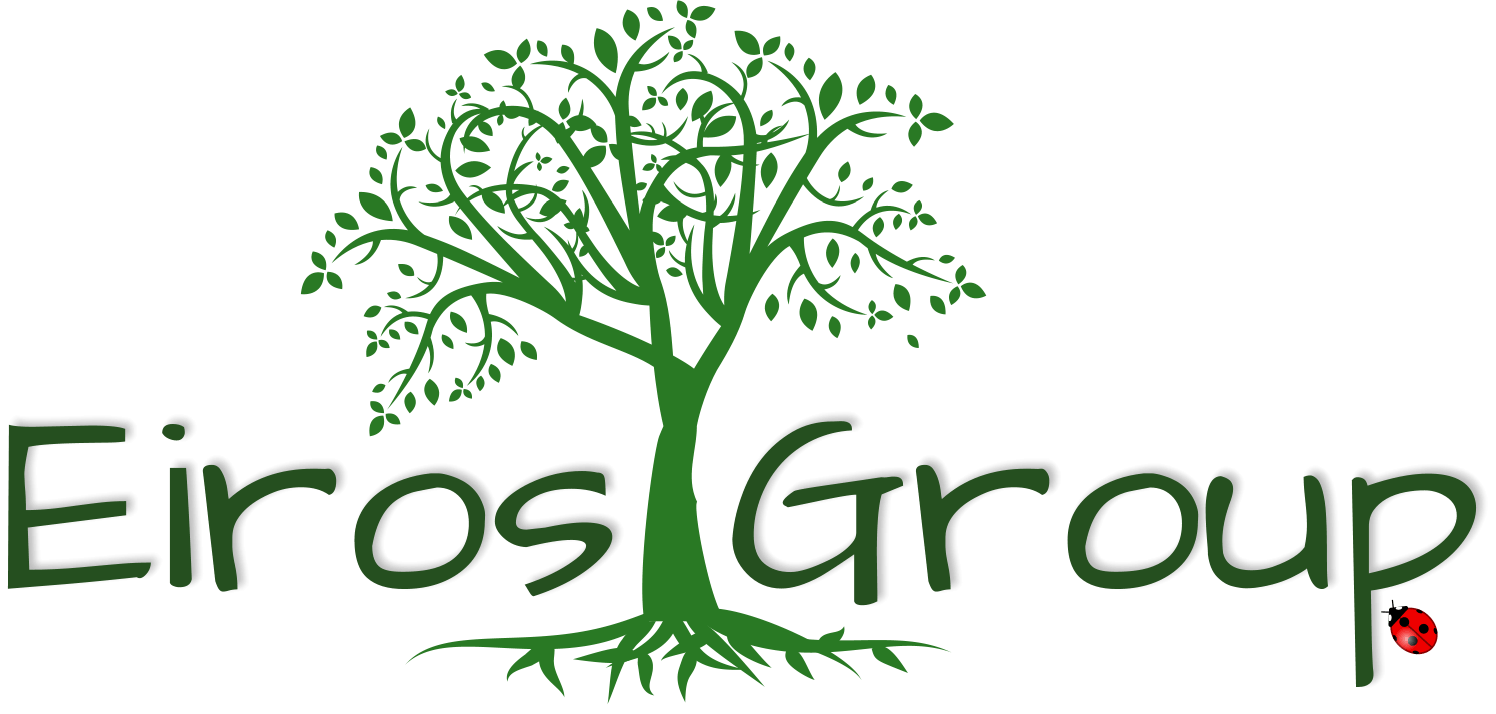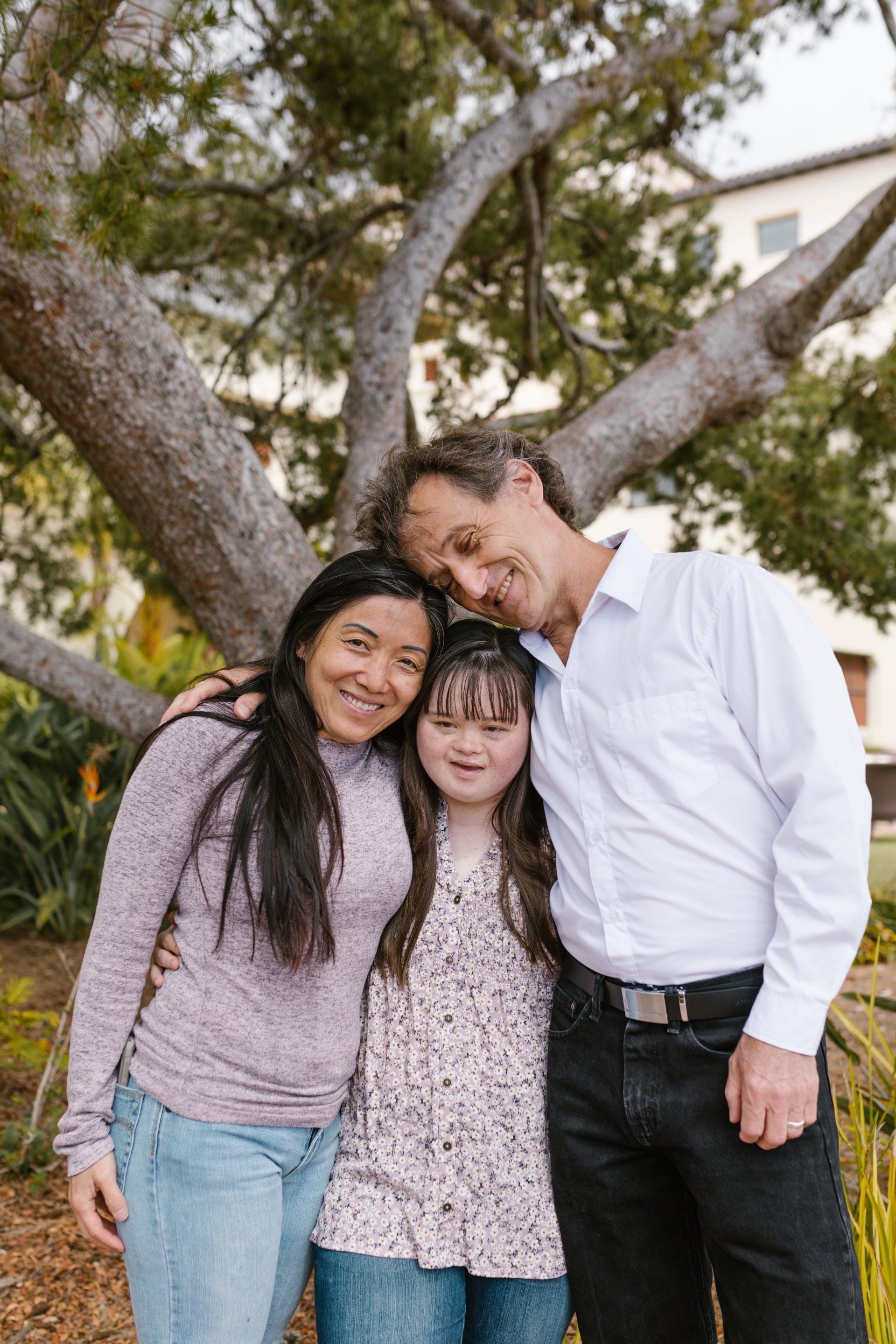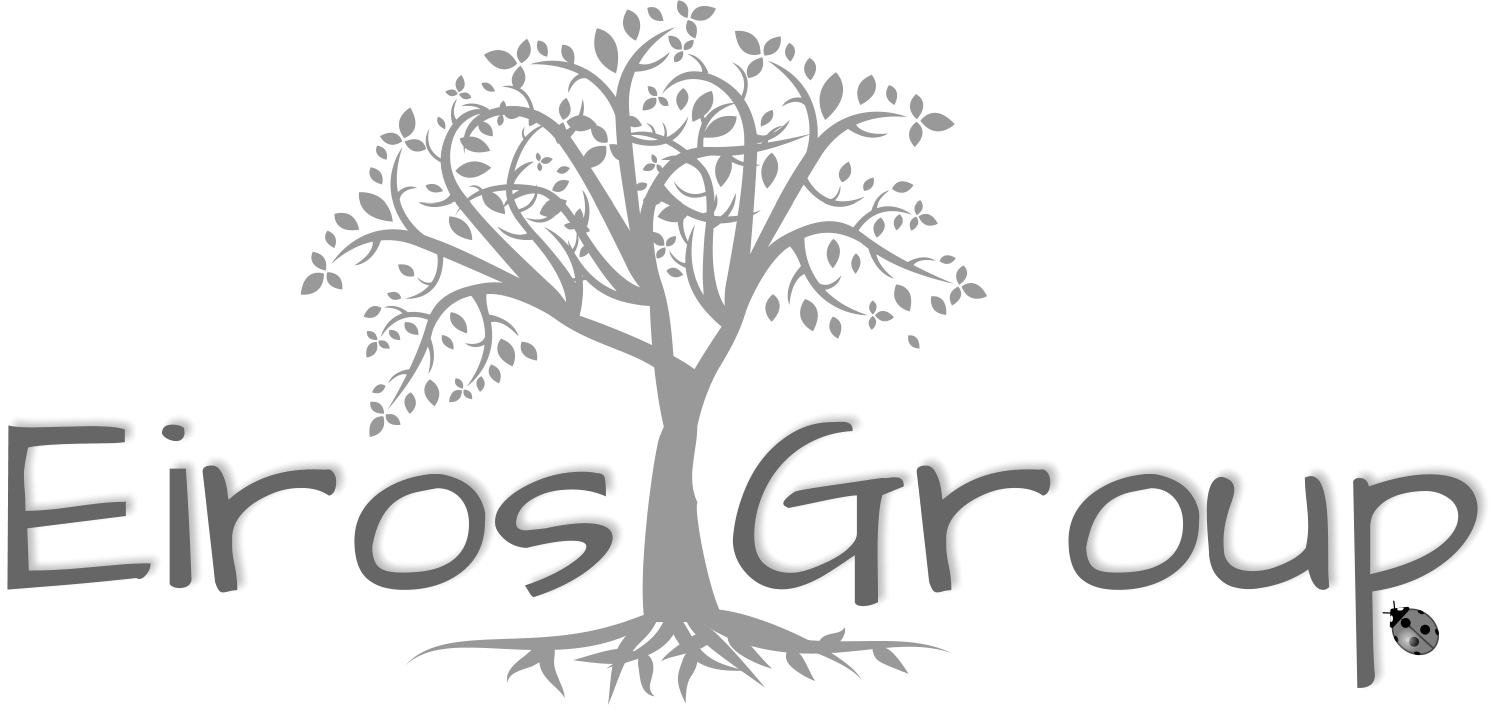What We Do
Person centered planning is where we begin. To help achieve dreams, inclusion, freedom and a sense of community is where we aim.
Our
Services
Person centered planning is the heart of our work. We plan with the person at the center and in doing so create life plans that are based on their hopes and dreams. We develop and carry out individualized services across New Jersey.
-
Person Centered Work
Collaborating and Consulting with an international network of person centered thinkers, Eiros provides innovative person centered supports based on the hopes, dreams, and desires of the person.
Great plans start with great conversations.
- What is possible?
- What gifts can be unearthed and shared?
- Where can we make contributions that support each other?
We engage those who know the person, to think about what a good life could look like for someone they care about.
Through proven processes, we assist people to see what is positive and possible. We gather together Circles of Support who believe in the individual at the canter. Utilizing a facilitated process, we develop an engaging and visual plan that invites contributions from those who care about the person at the Center.
While many of these processes have been developed for the disability sector; they continue to be utilized across sectors. For more Information on how we can support you or your organization to develop a future plan that creates engagement with all the stakeholders, please contact us.
-
Support Brokerage
Service/function that assists the participant (or the participant’s family or representative, as appropriate) in arranging for, directing and managing services. Serving as the agent of the participant or family, the service is available to assist in identifying immediate and long-term needs, developing options to meet those needs and accessing identified supports and services. Practical skills training is offered to enable families and participants to independently direct and manage program services. Examples of skills training include providing information on recruiting and hiring personal care workers, managing workers and providing information on effective communication and problem-solving. The service/function includes providing information to ensure that participants understand the responsibilities involved with directing their services.
-
Natural Supports Training
Training and counseling services for individuals who provide unpaid support, training, companionship or supervision to participants. For purposes of this service, individual is defined as: “any person, family member, neighbor, friend, companion, or co-worker who provides uncompensated care, training, guidance, companionship or support to a participant.” Training includes instruction about treatment regimens and other services included in the Service Plan, use of equipment specified in the Service Plan, and includes updates as necessary to safely maintain the participant at home. Counseling must be aimed at assisting the unpaid caregiver in meeting the needs of the participant. All training for individuals who provide unpaid support to the participant must be included in the participant’s Service Plan. Natural Supports Training may be delivered to one individual or may be shared with one other individual..
-
Community Based Supports (SP Only)
Services that provide direct support and assistance for participants, with or without the caregiver present, in or out of the participant's residence, to achieve and/or maintain the outcomes of increased independence, productivity, enhanced family functioning, and inclusion in the community, as outlined in his/her Service Plan. Community Based Supports are delivered one-on-one with a participant and may include but are not limited to: assistance with community-based activities and assistance to, as well as training and supervision of, individuals as they learn and perform the various tasks that are included in basic self-care, social skills, and activities of daily living.
-
Community Inclusion Services
Services provided outside of a participant’s home that support and assist participants in educational, enrichment or recreational activities as outlined in his/her Service Plan that are intended to enhance inclusion in the community. Community Inclusion Services are delivered in a group setting not to exceed six (6) individuals.
-
Individual Supports (CCW Only)
Individual Supports are services that provide direct support and assistance for participants, with or without the caregiver present, in or out of the participant's residence, to achieve and/or maintain the outcomes of increased independence, productivity, enhanced family functioning, and inclusion in the community, as outlined in his/her Service Plan. Individual Supports may include but are not limited to: assistance with community-based activities and assistance to, as well as training and supervision of, individuals as they learn and perform the various tasks that are included in basic self-care, social skills, and activities of daily living.
-
Respite
Services provided to participants unable to care for themselves that are furnished on a short-term basis because of the absence or need for relief of those persons who normally provide care for the participant. Respite may be provided in the participant’s home, a DHS licensed group home, or another community-based setting approved by DHS. Some settings, such as a hotel, may be approved by the State for use when options using other settings have been exhausted
-
Prevocational Training
Services that provide learning and work experiences, including volunteer work, where the individual can develop general, non-job-task-specific strengths and skills that contribute to employability in paid employment in integrated community settings. Services may include training in effective communication with supervisors, co-workers and customers; generally accepted community workplace conduct and dress; ability to follow directions; ability to attend to tasks; workplace problem solving skills and strategies; and general workplace safety and mobility training. Prevocational Training is intended to be a service that participants receive over a defined period of time and with specific outcomes to be achieved in preparation for securing competitive, integrated employment in the community for which an individual is compensated at or above the minimum wage, but not less than the customary wage and level of benefits paid by the employer for the same or similar work performed by individuals without disabilities. Prevocational Training services cannot be delivered within a sheltered workshop. Supports are delivered in a faceto-face setting, either one-on-one with the participant or in a group of two to eight participants.
-
Career Planning
Career planning is a person-centered, comprehensive employment planning and support service that provides assistance for program participants to obtain, maintain or advance in competitive employment or self-employment. It is a focused, time-limited service engaging a participant in identifying a career direction and developing a plan for achieving competitive, integrated employment at or above the state’s minimum wage. The outcome of this service is documentation of the participant’s stated career objective and a career plan used to guide individual employment support. If a participant is employed and receiving supported employment services, career planning may be used to find other competitive employment more consistent with the person’s skills and interests or to explore advancement opportunities in his or her chosen career.
-
Supported Employment - Individual
Activities needed to help a participant obtain and maintain an individual job in competitive or customized employment, or self-employment, in an integrated work setting in the general workforce for which an individual is compensated at or above the minimum wage, but not less than the customary wage and level of benefits paid by the employer for the same or similar work performed by individuals without disabilities. The service may be delivered for an intensive period upon the participant’s initial employment to support the participant who, because of their disability, would not be able to sustain employment without supports. Supports in the intensive period are delivered in a face-to-face setting, one-on-one. The service may also be delivered to a participant on a less intensive, ongoing basis (“follow along”) where supports are delivered either face-to-face or by phone with the participant and/or his or her employer. Services are individualized and may include but are not limited to: job development, discovery, training and systematic instruction, job coaching, benefit support, travel training, and other workplace support services including services not specifically related to job-skill training that enable the participant to be successful in integrating into the job setting.
-
Behavioral Supports
Individual and/or group counseling, behavioral interventions, diagnostic evaluations or consultations related to the individual’s developmental disability and necessary for the individual to acquire or maintain appropriate interactions with others. Intervention modalities must relate to an identified challenging behavioral need of the individual. Specific criteria for remediation of the behavior shall be established. The provider(s) shall be identified in the Service Plan and shall have the minimum qualification level necessary to achieve the specific criteria for remediation. Behavioral Supports includes a complete assessment of the challenging behavior(s), development of a structured behavioral modification plan, implementation of the plan, ongoing training and supervision of caregivers and behavioral aides, and periodic reassessment of the plan.
-
Supported Employment - Small Group
Services and training activities provided to participants in regular business, industry and community settings for groups of two to eight workers with disabilities. Services may include mobile crews and other business- based workgroups employing small groups of workers with disabilities in employment in the community. Services must be provided in a manner that promotes integration into the workplace and interaction between participants and people without disabilities. Services may include but are not limited to: job placement, job development, negotiation with prospective employers, job analysis, training and systematic instruction, job coaching, benefit support, travel training and planning
-
Wheelchair Replacement
ButtonThrough our extensive network of resources, we were able to provide replacement wheelchairs for 5 clients
-
Bringing up a healthy and happy child is particularly challenging for underprivileged families dealing with children who have special needs. We offer daily assistance to these families, in the form of after-school help and other activities.
Button








